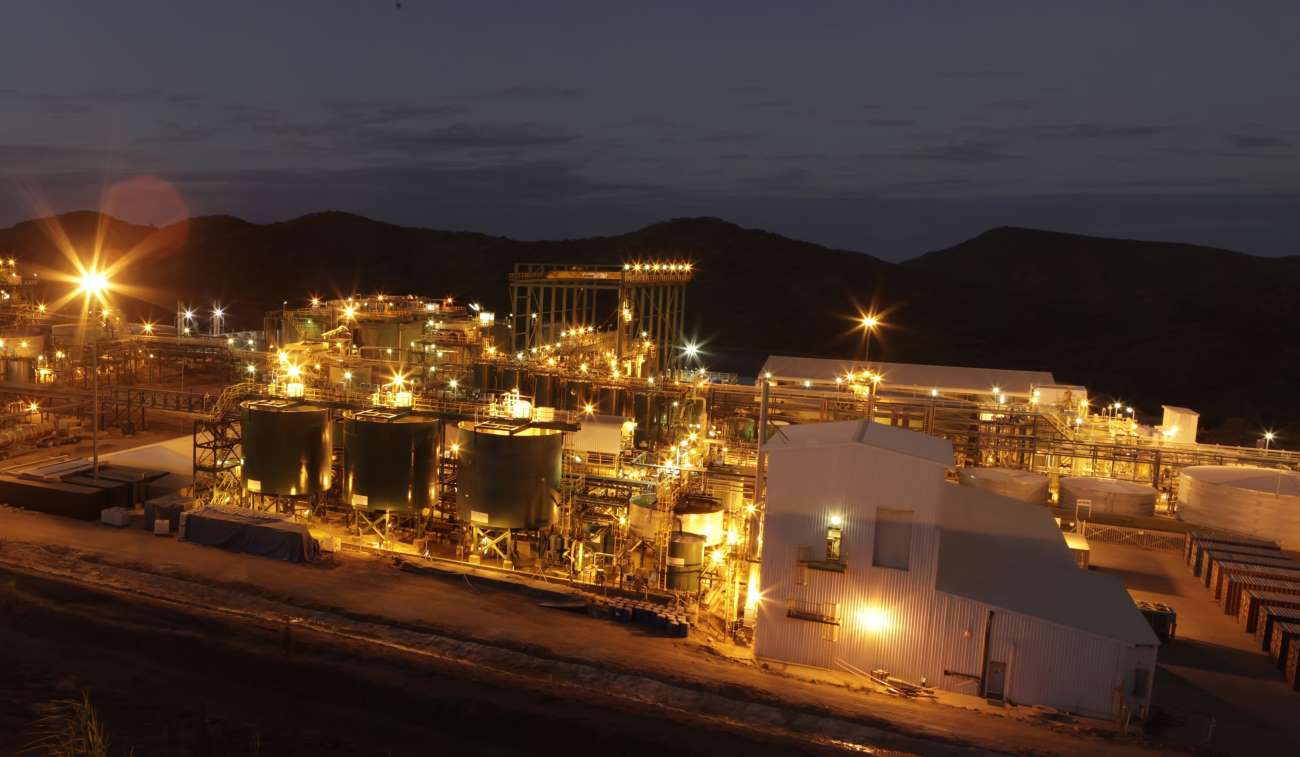
The atomic energy topic in Australia has always come with its fair share of baggage. Whether a relic of the World War 2 atomic age or a mixture of different concerns, the N-word is more likely to send people that way than affect the status quo.
And yet, here we are in 2023, and the debate still rages.
And at least one of Australia’s major political parties hopes to hang its hat on nuclear energy heading into the next election, anticipating significant and broad support for the technology. So why is nuclear energy such a hot-button topic, and why won’t it go away?
Atomic energy may solve many industrial problems, including one close to GRT’s heart: dust generation. But the most significant feature of nuclear is its almost unlimited ability to produce consistent and completely clean power.
After a 1998 ban was imposed in Australia, we’ve fallen behind in our radioactive proficiencies. But worldwide, there are plenty of examples of nuclear power generation being used successfully and even replacing coal-fired power stations – and their jobs – in regional areas. But let’s take a minute to explore the other side of the debate.
While it may seem a one-sided debate, nuclear power also poses a few inherent challenges.
For one, it’s expensive – really expensive.
And critics of nuclear ambitions in Australia say the current push is more about winning votes than offering a real solution. Building a series of “mega CAPEX” infrastructure projects will be popular, but it will also ignore cheaper clean energy resources like wind and solar, both prevalent across the country.
Secondly, there is the issue of radioactive waste to dispose of or store.
It’s a difficult question to solve, as Plutonium-239, one of the waste products, has a half-life of 24,000 years! About 100 locations around Australia currently hold low-level radioactive waste, but people are debating where and how to store it moving forward.
Recently, Resources Minister Madeleine King confirmed the government would not appeal against a ruling by the Federal Court quashing plans for a waste dump on South Australia’s Eyre Peninsula following an appeal brought by traditional owners. While there are genuine concerns to be discussed, voices on both sides of politics say that nuclear may need to represent a portion of Australia’s energy generation capacity if we are to meet our existing climate goals of net zero carbon by 2050.
With that said, there is still the added benefit of zero emission and zero dust generation from nuclear energy facilities. Nuclear fission generates electricity without the byproducts that coal, oil and natural gas produce. There are a group of pollutants that nuclear energy keeps out of the air we breathe, including:
Each of these particles is proven to contribute to stroke, heart disease, neurological disease, lung cancer and respiratory diseases, including asthma. In fact, nuclear power facilities can also help states and corporations to comply with local air quality and dust regulations. Through this lens, nuclear power could solve many pressing problems facing the country as we navigate the Energy Transition and try to protect the health of our workers and broader community more effectively.
Will nuclear be the answer to all the problems? Likely not.
But with what we know about the issues of particulate matter and the harm caused by dust generation, it’s worth continuing the conversation, even if it makes people a bit hot under the collar. If dust control is an issue for your construction, exploration or resource business, check out GRT’s tailored solutions, including our Smart Dosing Units.
If you’d like to talk with an expert, simply contact us!
Your feedback is important to us.
If you enjoyed reading this Global Road Technology industry update and found it informative, please let us know by leaving a REVIEW.
https://thenewdaily.com.au/news/politics/2023/08/10/coalition-nuclear-power-option/
https://www.nei.org/advantages/air-quality#:~:text=No.,oil%20and%20natural%20gas%20emit.
Are environmental regulations, health and safety concerns or potential profit loss a concern right now?
Contact Us Now